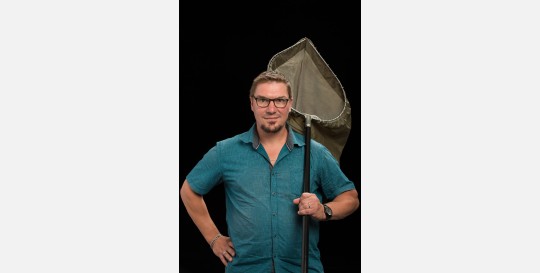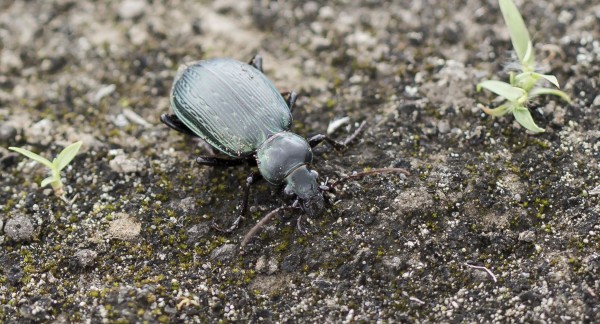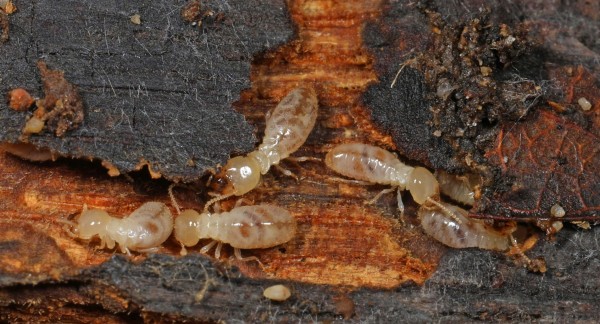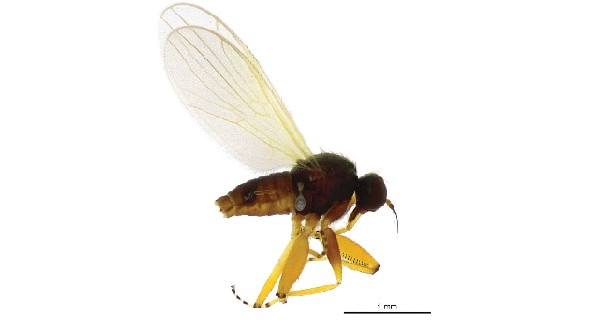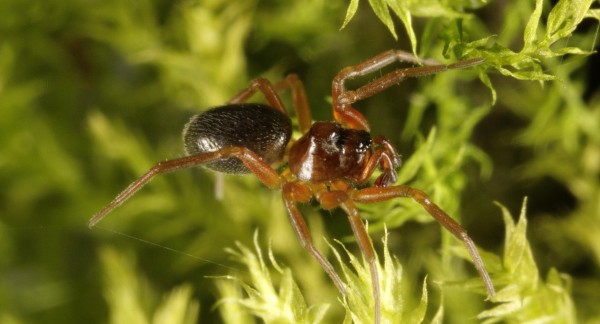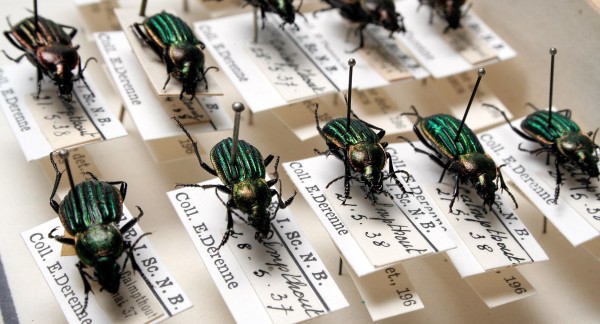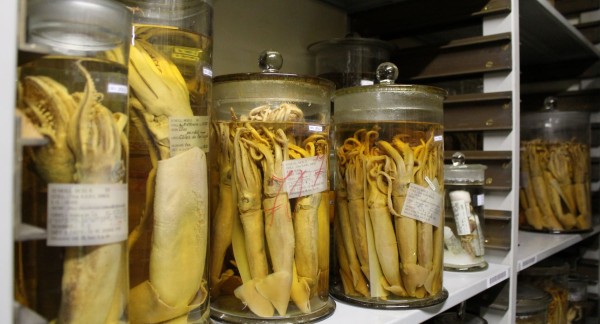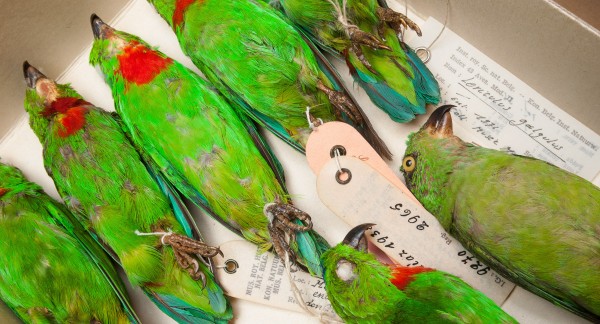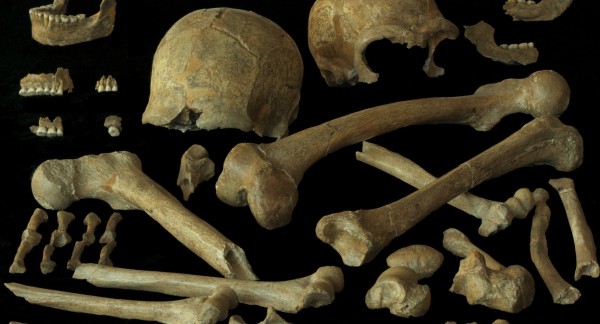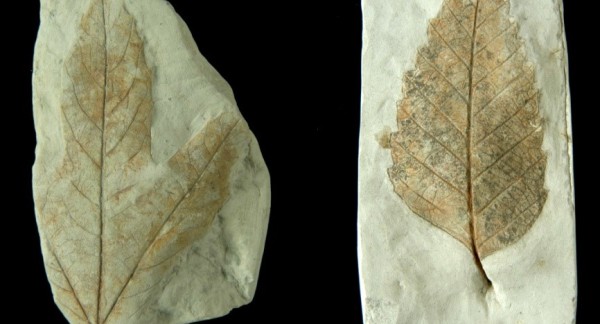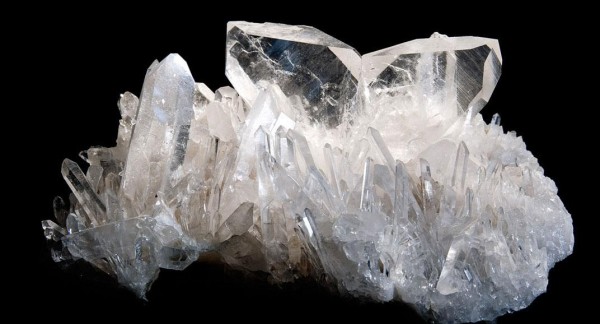Entomology Collections
Discover our largest collection: that of insects, spiders, mites and centipedes. They have been collected since the 19th century, both in Belgium and far beyond. The entomological collections highlight a largely hidden yet vital animal group.

Our entomological collections contain more than 20 million specimens. They span most of the known orders and contain some 20,000 'type specimens', unique specimens used when a new species was formally described.
The institute consistently acquires new specimens: on average more than 100,000 insects and arachnids are added every year. A significant portion of these specimens is collected by the institute's own entomologists during their field expeditions. Additionally, numerous specimens are obtained through purchases, donations, or exchanges with collections from institutes in other countries.


Barometer of Belgian species
For most groups, we have specimens from all over the world, but for many groups, the emphasis is on Belgian material, which has been systematically collected since the mid-19th century, reaching its peak in the forties and fifties of the last century. These collections provide excellent comparative material, which entomologists use to gauge progressive or regressive shifts in species distribution. They have noted, for example, an increase in mosquito species that live near human settlements and are known to spread diseases.


20
million specimens
8
conservatories
100,000
drawers
5,000
jars
(preserved in alcohol)
Our team
Search our collections
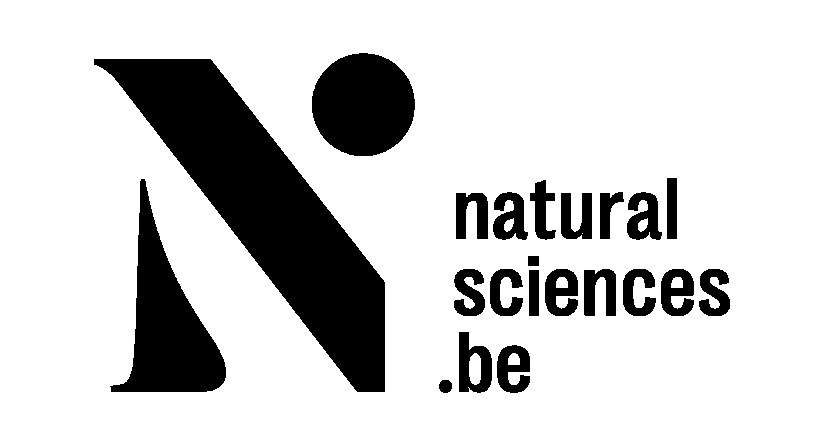
DaRWIN
(species)

Virtual collections
(digitized specimens)

Collections
(general info)

Metadata catalog
(available scientific data sets)
Learn more about arthropods
Our collections
Visiting the collections
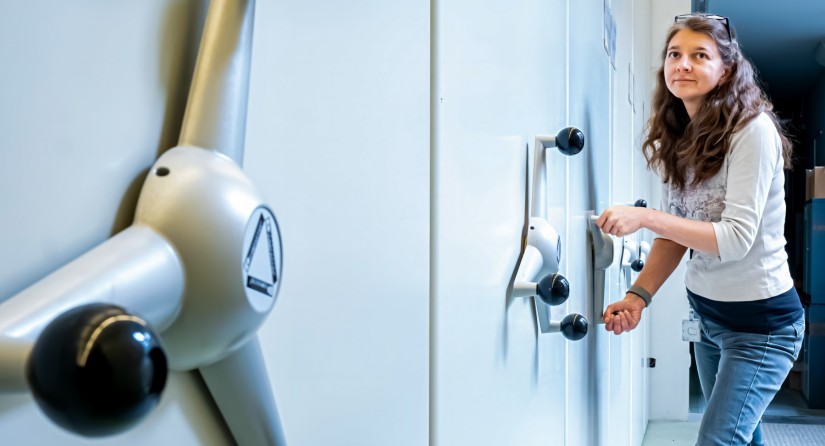
Are you a researcher wishing to study a collection?
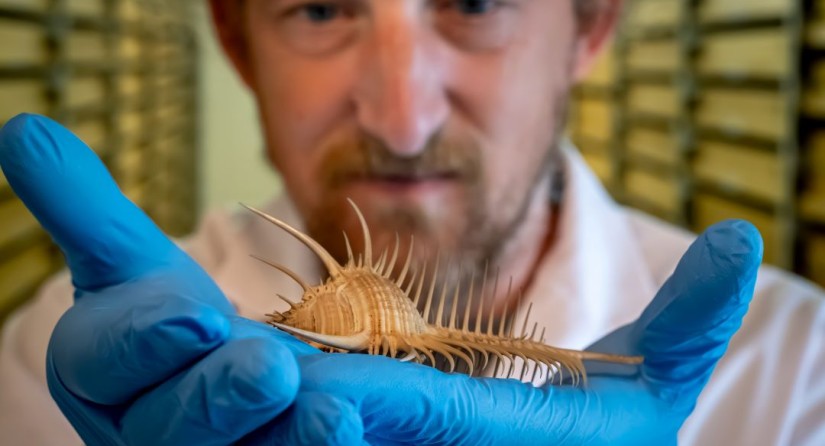
You want a backstage guided tour with a peek into our collections and labs?
The history of our collections
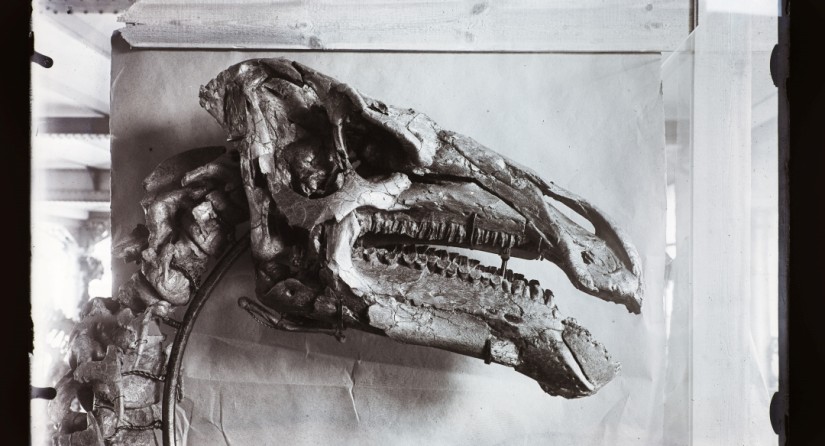
How did our eclectic selection of specimens grow into one of the most important in the world?
Donate your collection
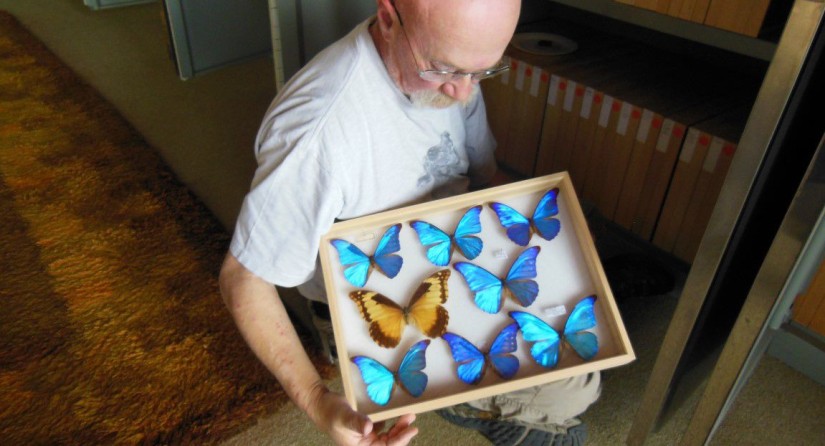
Your private collection or the one you inherited could be of great scientific value. Why not donate them to the Royal Belgian Institute of Natural Sciences? We will keep the specimens in perfect condition.


